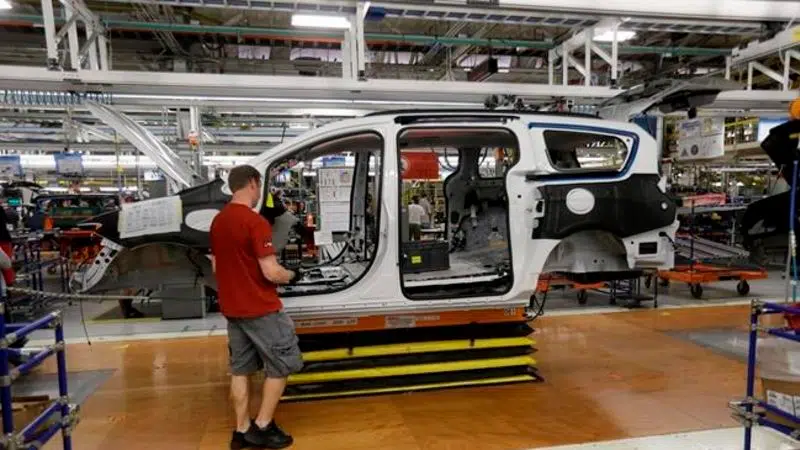
From Hawkesbury to Estevan, documents show towns to be hit hardest by automation
HAWKESBURY, Ont. — Sitting around a table with fellow Steelworkers, Steve Berniquez starts listing companies that once stood in and around Hawkesbury, a small Ontario town an hour’s drive east of Ottawa.
When he mentions Canadian International Pulp and Paper, everybody nods. Its mill closed in 1982 and that was a bad one, more than 400 jobs gone at once.
“We had how many mills around here where everybody could work? Now we don’t have anything else,” Berniquez says, leaning back in his chair. “They’re not coming back to us.”


